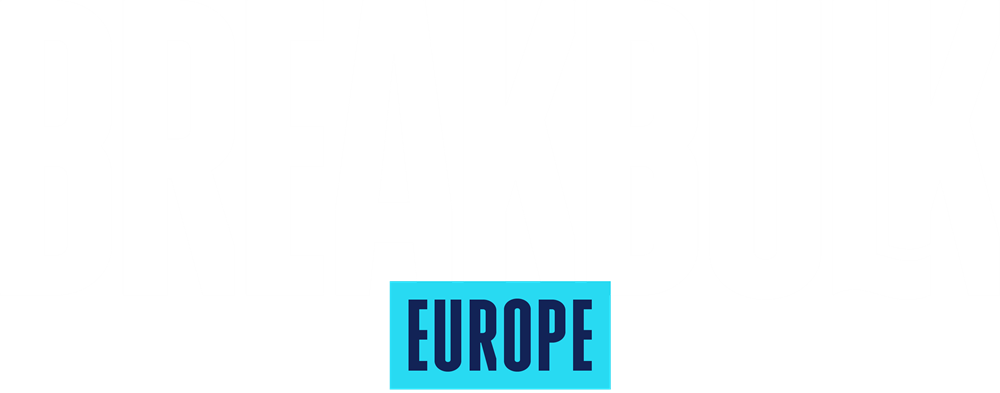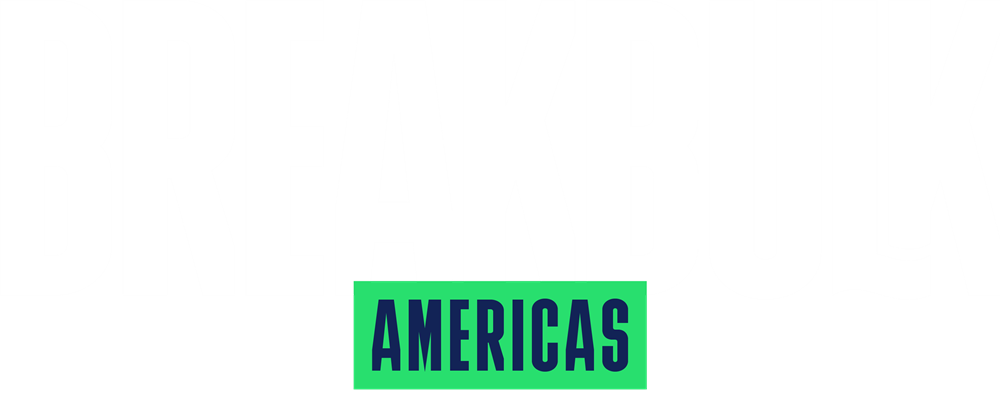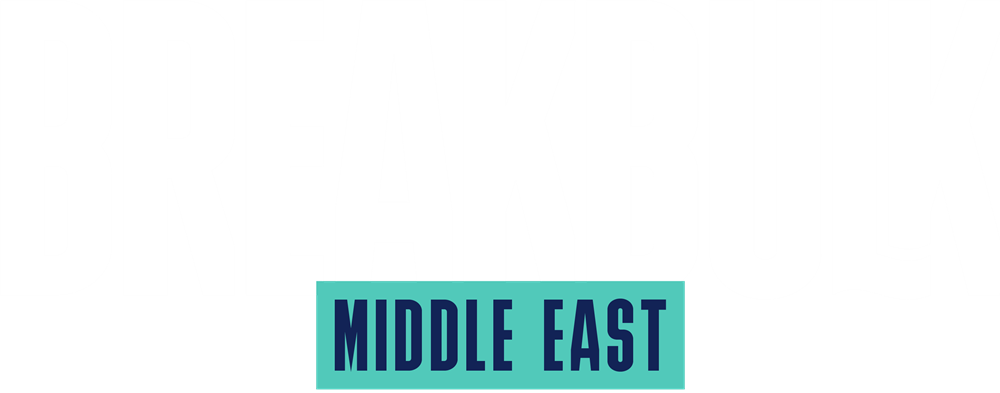Aug 31 | 2020
Interview with Roger Strevens, VP - Global Sustainability, Wallenius Wilhelmsen
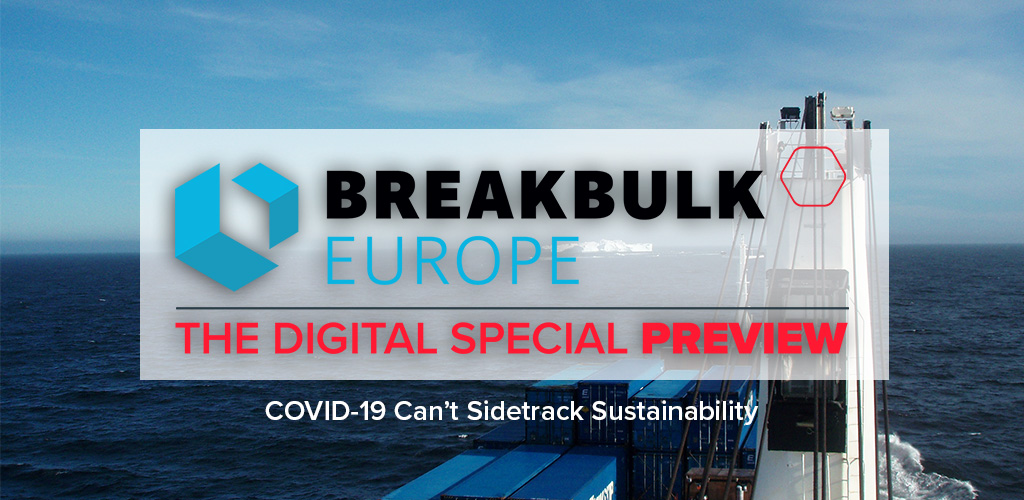
For the upcoming webinar series, Breakbulk Europe: The Digital Special, we have selected three topics that have the greatest impact on the global project cargo industry, which are business outlook, sustainability and technology. The issues around these topics are certainly intertwined, a fact that has become clear from this interview with Roger Strevens who is the vice president of global sustainability at Wallenius Wilhelmsen. Roger will be one of the panelists on the webinar, “Growing a Sustainable Future” and joined us from his home office in Oslo, Norway, to give us a preview of the webinar.
Roger heartily agreed that sustainability is a key issue across the industry and is not limited to the maritime sector nor has it been obscured by the pandemic. “Sustainability has just continued to rise up the corporate agenda,” he said. “There isn’t a single corporate function which isn't heavily impacted by sustainability at this stage, and while there are things that have had to change course or even be dialled back because of coronavirus, sustainability is certainly not one of them.”
Roger pointed to the regulatory agenda for evidence. It's not just what's happening in the IMO that we need to think about, but the level of activity in Europe to regulate shipping has really taken a sharp increase,” he said. “This range of regulatory initiatives, all of which may come to fruition, would have a huge operational and cost impact on the business."
Some of these measures under consideration are the possible inclusion of shipping in the European emissions trading scheme, the regulation of emissions on ships while at berth and lifting tax exemptions on bunker fuel. These are regulatory concepts that are still in the early stage, and there is a long process of deliberation before they would actually enter into force, Roger said. But he cautions people to not ignore the possibilities and their impact.
“I think the thing to be careful of is that you could put together a compelling argument for why any one of these just simply won't work,” he said. “But at the same time, there is a very, very strong drive to make something happen, so I I would be careful about dismissing them all out of hand—that would seem unwise.”
It’s tempting to ignore sustainability issues, especially under the current COVID conditions, but that too would be unwise, according to Roger. Instead of falling by the wayside, sustainability initiatives have accelerated over recent months. Why?
“Companies which are sustainable are more resilient, and that's one of the big themes going through industry generally, not just ours,” he said.
“There are these black swan events that just occur. They're unpredictable in their outcome. They’re very difficult to forecast when they will happen, but they do. So how do you design a business which is able to withstand these kinds of changes?”
Sustainability is the key. “Inherently sustainability is about running a very efficient business: efficient use of energy, resources and capital,” Roger said. “So, if you have a corporate culture that has sustainability as a central tenet, you stand yourself in better stead than would otherwise be the case.”
See the full interview
ABOUT ROGER
 Environmental industrialist, sustainability native. Working with and across all corporate functions to advance sustainability interests while creating business value.
Environmental industrialist, sustainability native. Working with and across all corporate functions to advance sustainability interests while creating business value.As VP, Global Sustainability for Wallenius Wilhelmsen, Roger’s activities range from pressing for progressive, but pragmatic outcomes in environmental regulatory affairs to working with innovators and like-minded industry partners on the sustainability challenges of the logistics industry. He seeks to creating value for multiple different stakeholder groups through building and leveraging the group’s sustainability profile and actively seeking engagement.
Roger also currently serves as the chair of Trident Alliance, an industry initiative campaigning for effective enforcement of sulphur regulation to protect health, environmental and fair-competition interests.He is a Board Member of the Ocean Exchange, a forum for acceleration sustainable innovation and he is a Steering Committee member of the Ship Recycling Transparency initiative. In September 2019, he was accepted as a Member of the SASB Standards Advisory Board for marine transportation.
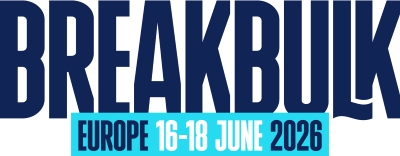


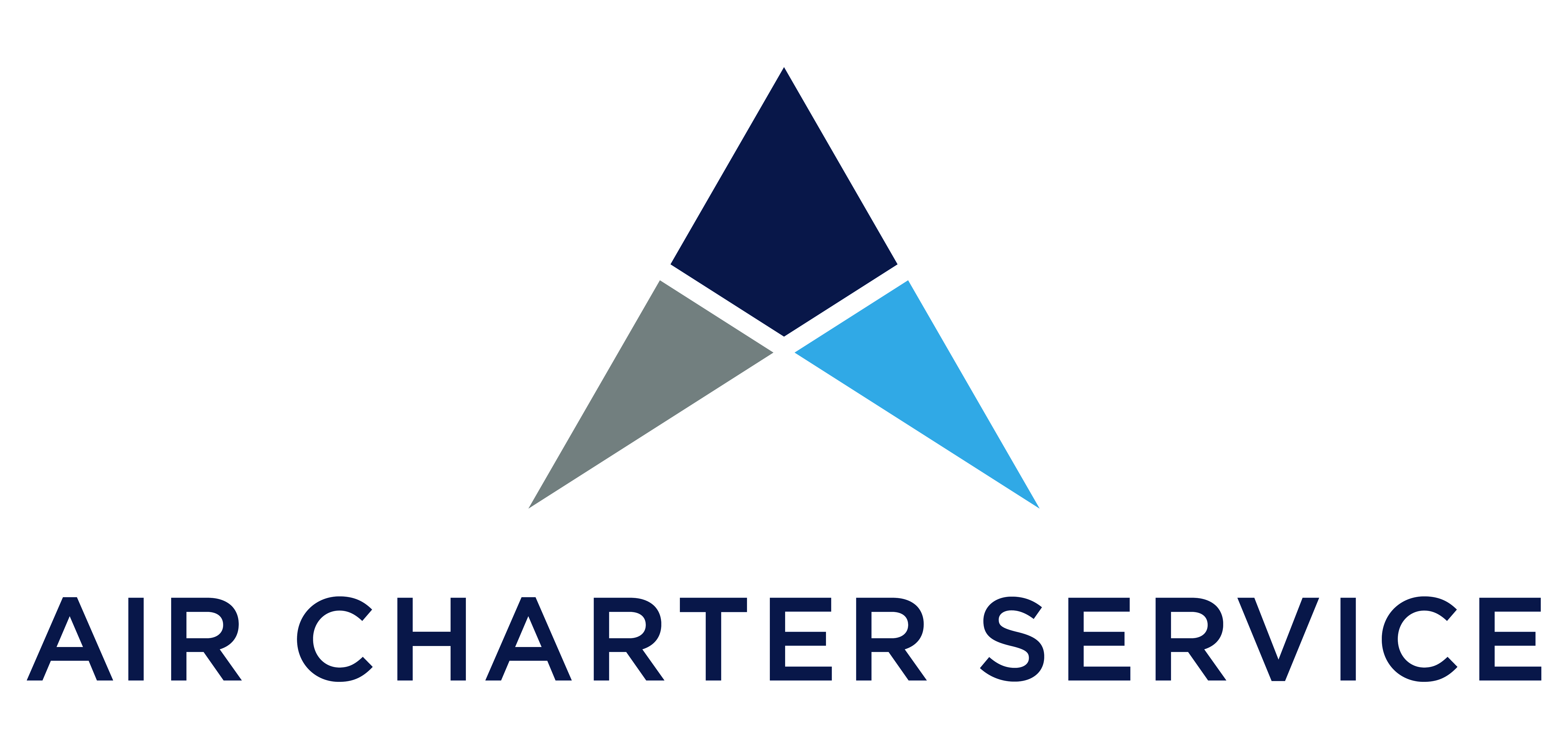

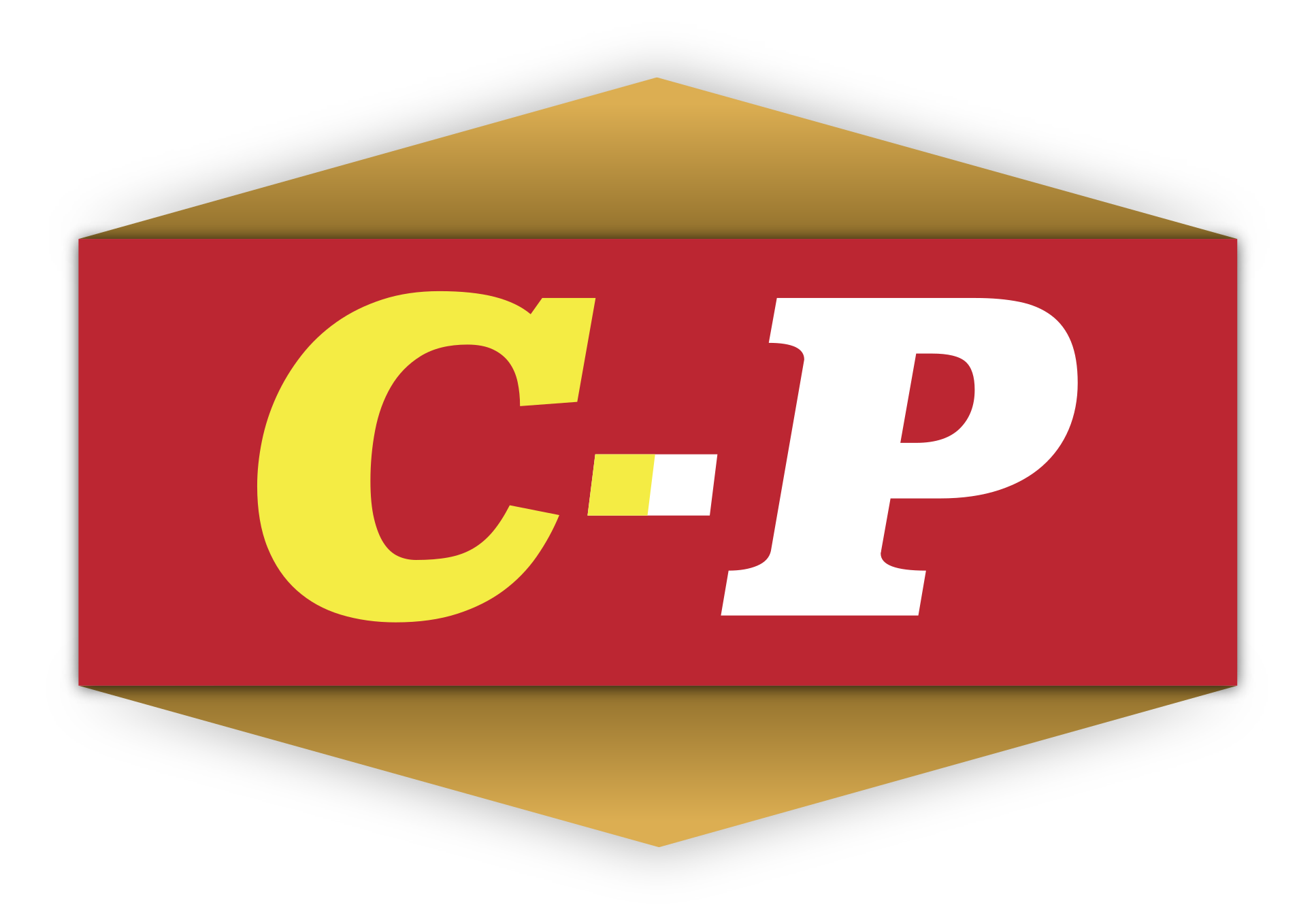
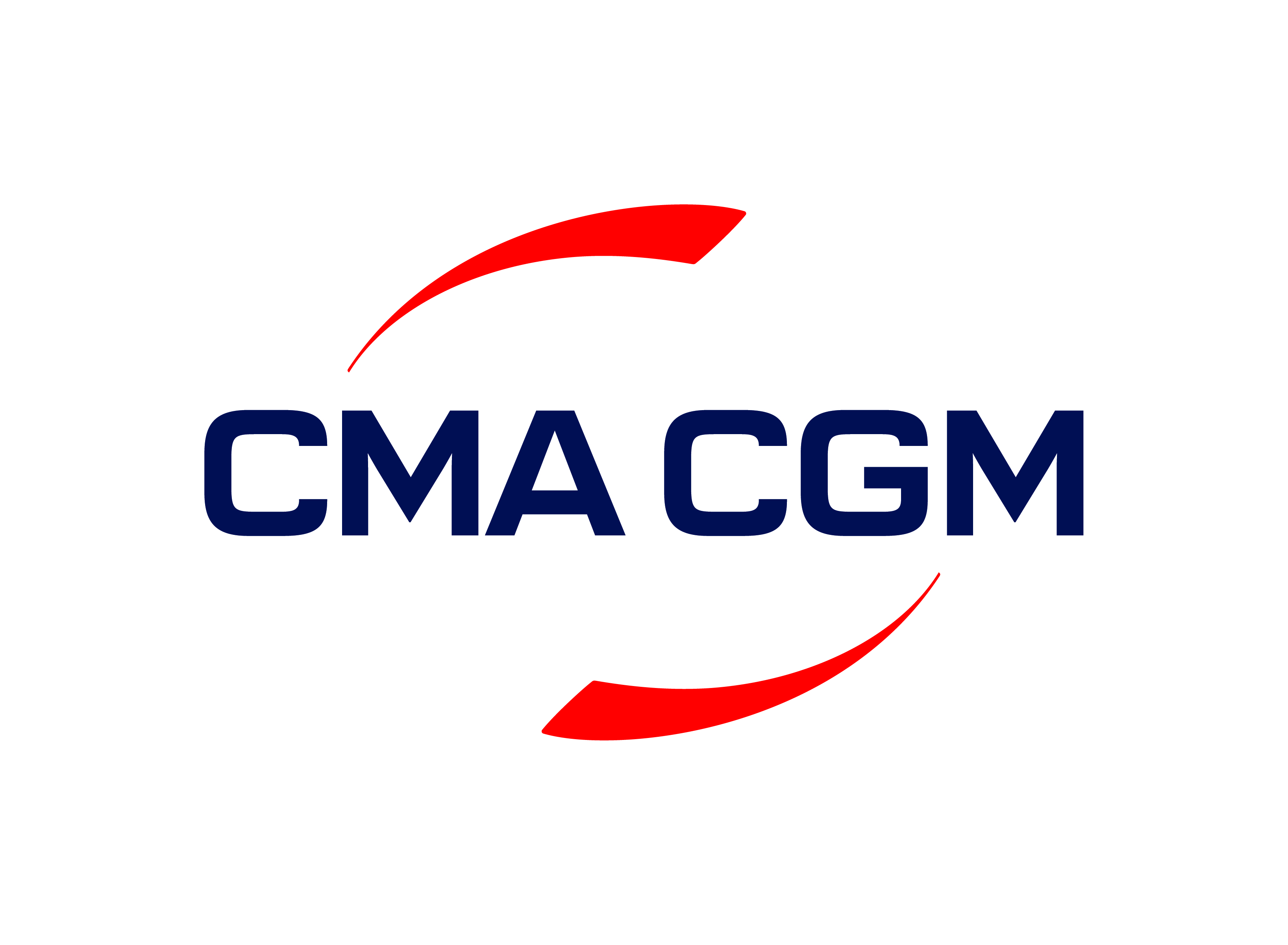
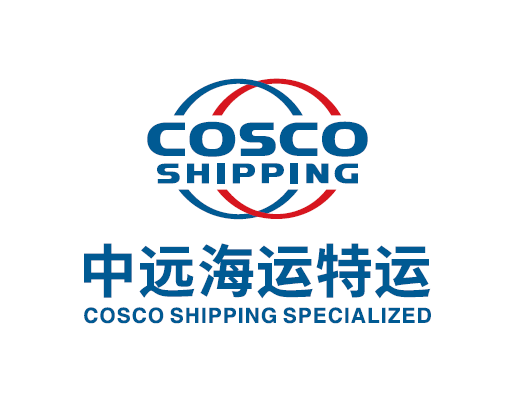

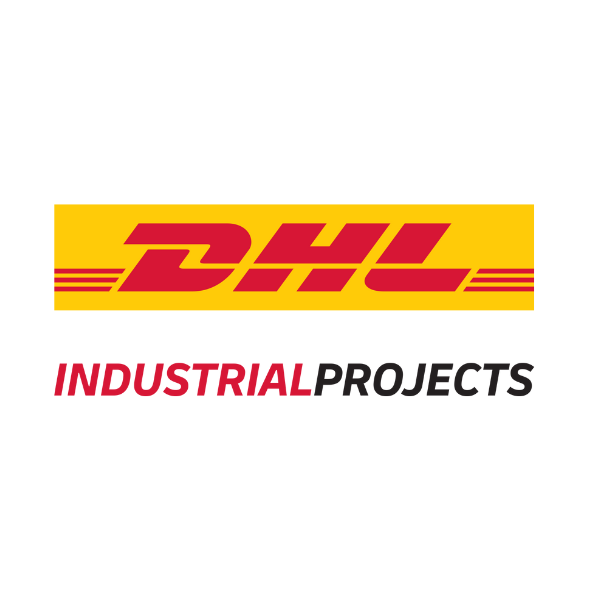
.png?ext=.png)
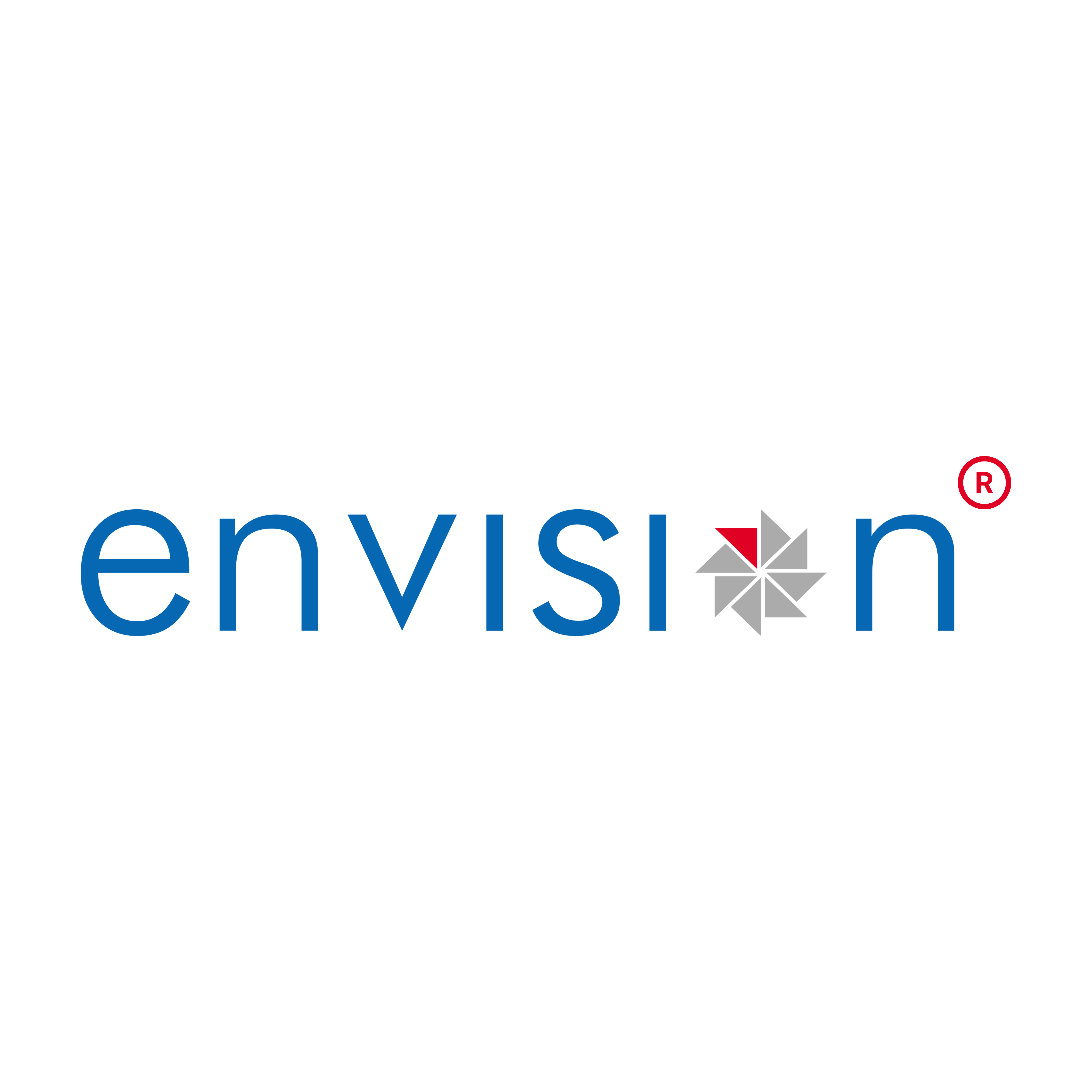
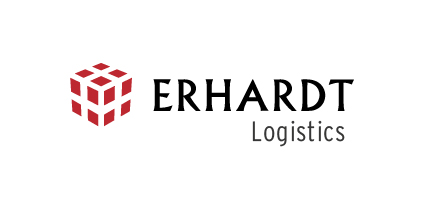

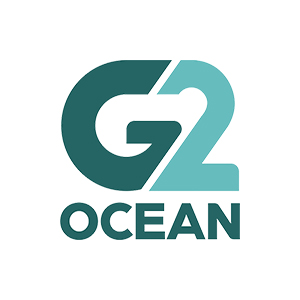
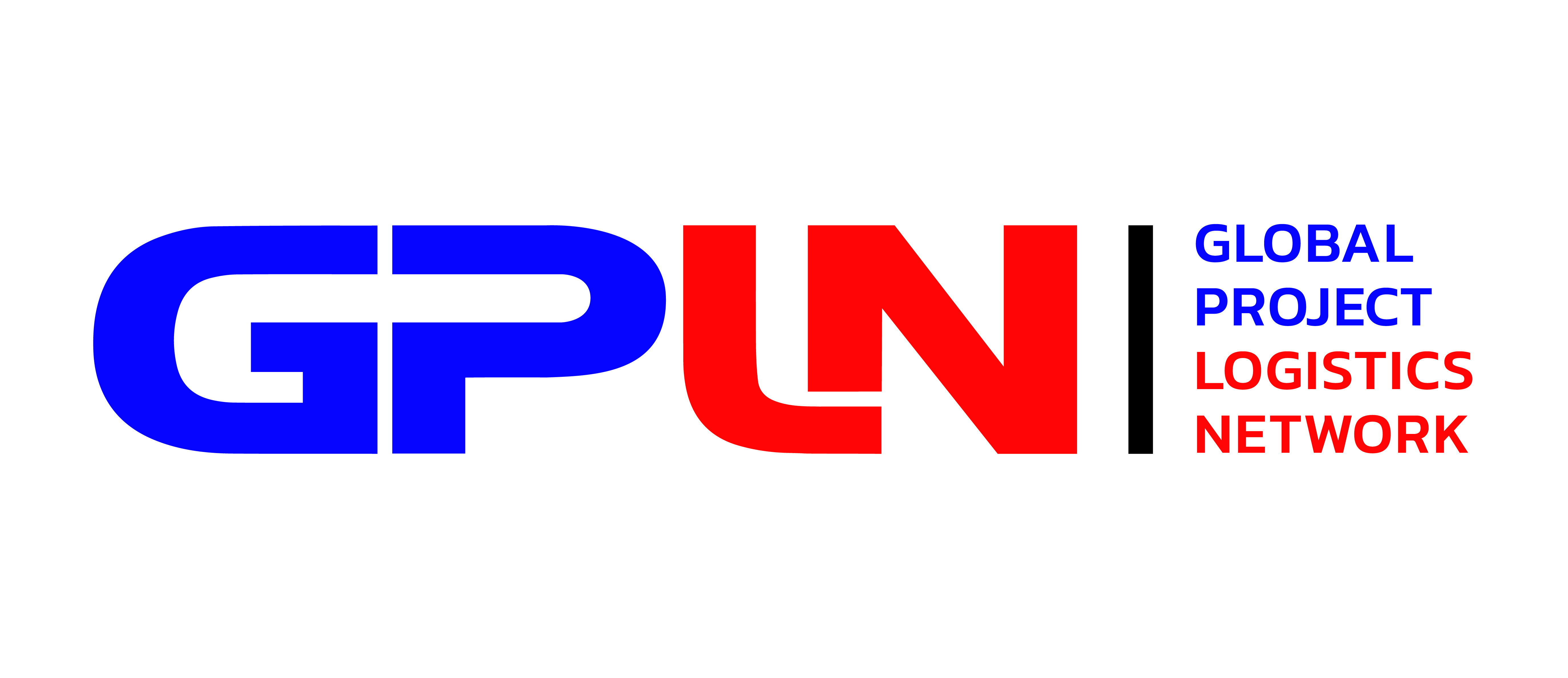


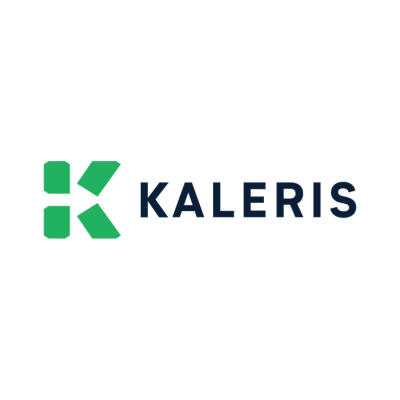
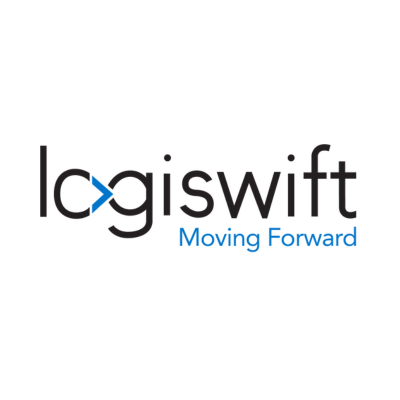
.png?ext=.png)



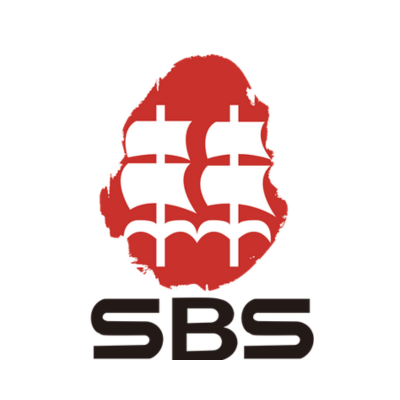
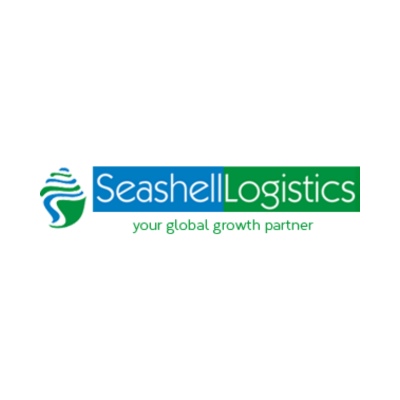
.png?ext=.png)
